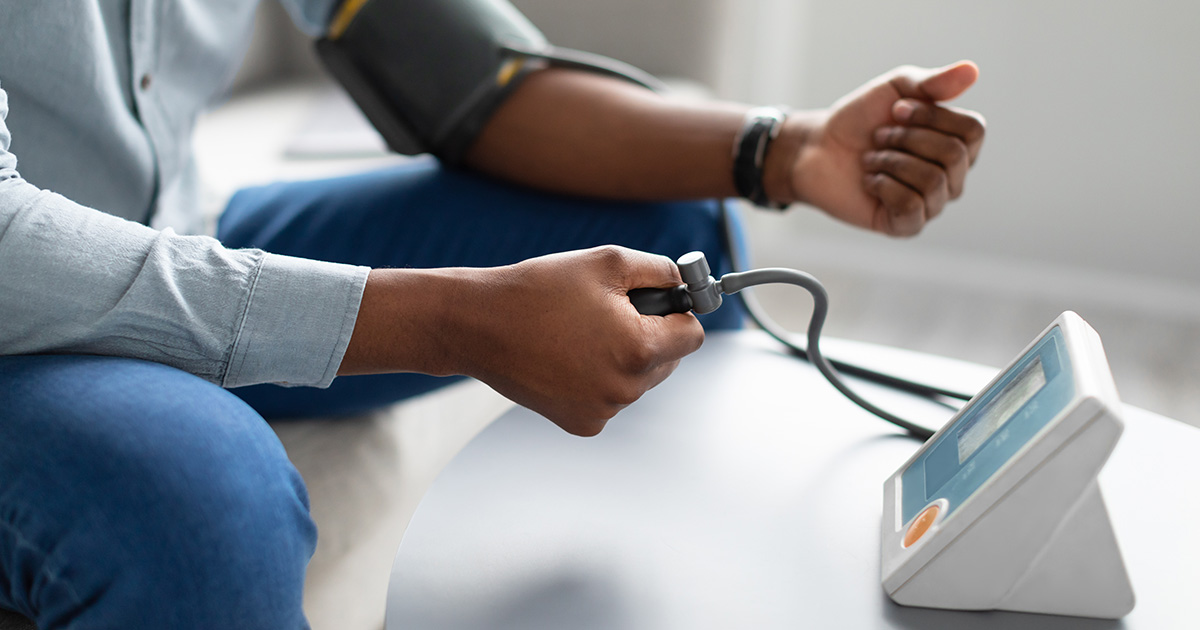
Hypertension and heart disease
Hypertension is perhaps better known as high blood pressure.
What is blood pressure? Your blood pressure is a measure of how much the blood moving through your arteries pushes against the vessel walls.
Are you at risk?
High blood pressure can have one or more of several possible causes – genetics, obesity, too much salt in your diet, arterial stenosis and even the stiffening of your arteries as you age. Sleep apnea can contribute to high blood pressure, as can hyperthyroidism and other endocrine abnormalities.
Is hypertension heart disease?
Hypertension is not heart disease. However, hypertension can be a major contributing factor for heart disease, which is why hypertension is not something you want to ignore.
“In terms of your heart, there is a strong link between hypertension and coronary artery disease,” said Kavitha Kalvakuri, MD, a cardiologist at OSF HealthCare Cardiovascular Institute. “Blockages and coronary artery disease development can be accelerated by hypertension. A weak heart muscle is another consequence of uncontrolled hypertension.
“Think of blood pressure as the mountain and the heart as the horse. The higher one is, the harder the other has to work,”
Higher pressure on the vessel walls can damage them, making it easier for plaque to build up, creating a dangerous blockage. It also forces your heart to pump harder to circulate your blood properly. This overwork can lead to a weakened heart down the road.
If allowed to run unchecked, hypertension can damage not only the heart, but also the brain, eyes and kidneys.
How do I know if I have hypertension?
Hypertension has earned the harsh nickname “the silent killer” because a lot of people show no signs that something might be wrong until they suffer a problem caused by the hypertension, which can be as severe as a heart attack.

If you experience any symptoms related to blood pressure, it means your hypertension has already progressed beyond stage one to stage two, where your risk for stroke and heart attack is increased. With stage two hypertension, headaches are common, fatigue, chest pains and even episodes of dizziness or losing consciousness.
Hypertension can also lead to vision problems, kidney issues and blockages in your small blood vessels and extremities.
If you’re experiencing any of these symptoms, it could mean your uncontrolled hypertension has progressed dangerously. You need to see your primary care physician right away.
Once a person’s hypertension reaches stage two, that person usually needs to be on two or three daily medications for the rest of their life, Dr. Kalvakuri said. The best way to deal with hypertension is to get screened every year by your physician to catch any possible hypertension issue early.
Eating healthy, avoiding too much sodium and being physically active are simple things you can do yourself to help keep your blood pressure in a healthy range.
Find more detail here on how blood pressure is measured and the stages of hypertension. You can also find out about your risk factors for high blood pressure here.